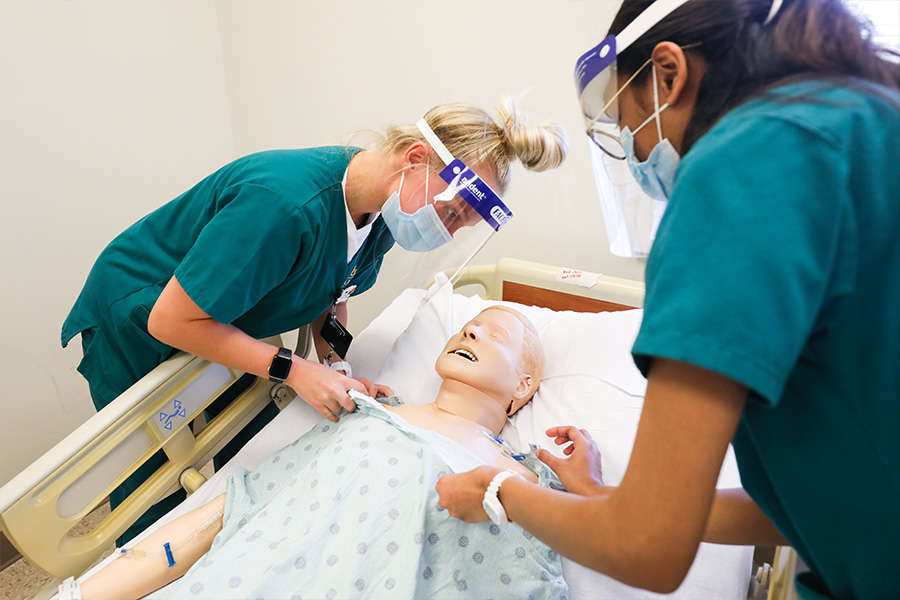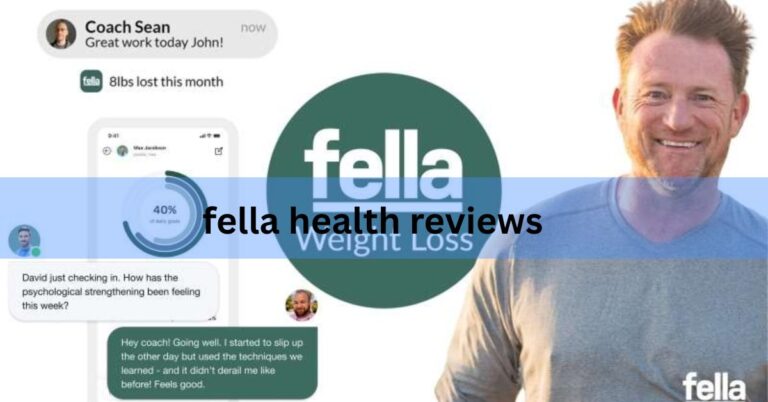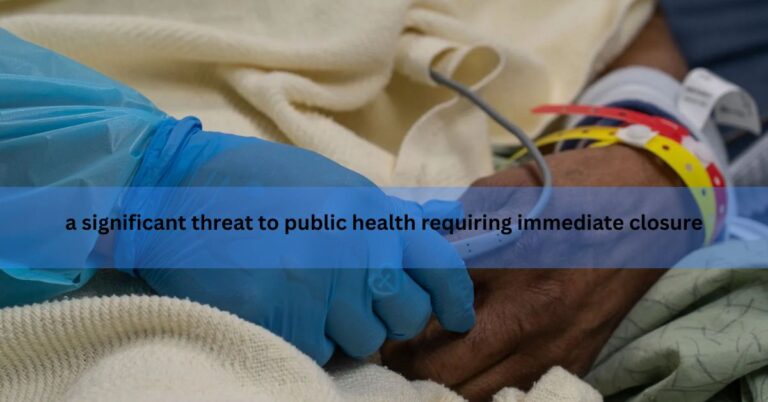Is Nursing a Health Science – A Comprehensive Exploration!
Nursing stands as one of the most respected and essential professions in modern healthcare. But many people still wonder: Is nursing considered a health science? The answer is both straightforward and complex. To fully appreciate the role of nursing within the broad umbrella of health sciences, it’s crucial to explore its academic foundations, practical applications, interdisciplinary connections, and evolving nature.
In this comprehensive guide, we will delve into how nursing fits into health science, its educational pathways, the scientific principles that underpin nursing practice, and why this field is vital to the U.S. healthcare system.
What is Health Science?
Defining Health Science
Health science refers to the discipline that applies scientific principles to healthcare and medicine. It encompasses numerous fields aimed at improving health outcomes, preventing disease, and enhancing the quality of life.
Key areas within health science include:
- Medicine
- Public health
- Epidemiology
- Biomedical research
- Nutrition
- Physical therapy
- Occupational therapy
- Nursing
The Scope of Health Science
Health science integrates biology, chemistry, psychology, pharmacology, and social sciences. It emphasizes both the physical and psychological aspects of health, offering a holistic approach to patient care.
Is Nursing Part of Health Science?

The Direct Connection
Yes, nursing is unequivocally a health science. Nursing integrates evidence-based medical knowledge, scientific research, and compassionate care to treat and support patients.
Core elements that make nursing a health science include
- Scientific Knowledge: Nurses use anatomy, physiology, microbiology, pharmacology, and psychology daily.
- Evidence-Based Practice: Nursing interventions are grounded in rigorous research and clinical trials.
- Patient-Centered Care: Combining scientific methods with empathetic, individualized care.
Nursing as an Applied Health Science
Unlike some purely theoretical fields, nursing applies scientific knowledge directly to patient care. Nurses observe, assess, plan, implement, and evaluate interventions based on scientific principles, making it a highly practical health science discipline.
Educational Pathways: The Science Behind Nursing Degrees
Core Curriculum
Nursing programs are heavily grounded in health sciences. Whether pursuing an Associate Degree in Nursing (ADN) or a Bachelor of Science in Nursing (BSN), students study a rigorous curriculum.
Common core subjects include:
- Human Anatomy and Physiology
- Microbiology
- Pharmacology
- Pathophysiology
- Nutrition Science
- Psychology
- Health Assessment
- Nursing Research Methods
- Biostatistics
Advanced Nursing Education
For those pursuing advanced degrees such as Master of Science in Nursing (MSN) or Doctor of Nursing Practice (DNP), the scientific and research components become even more pronounced.
Advanced studies include:
- Advanced Pharmacology
- Clinical Epidemiology
- Advanced Pathophysiology
- Health Informatics
- Evidence-Based Practice and Research
The Scientific Foundations of Nursing Practice:
Evidence-Based Practice (EBP)
EBP is central to nursing. Nurses rely on peer-reviewed research, clinical guidelines, and scientific studies to make informed decisions about patient care.
Clinical Assessment and Diagnosis
Nurses apply scientific methods when assessing patients, identifying symptoms, and collaborating with healthcare teams to formulate diagnoses and care plans.
Also Read: Can Mental Health Nurse Practitioners Prescribe Medication – Talk To A Pmhnp Today!
Pharmacological Knowledge
Understanding how medications work, potential interactions, and side effects involves deep scientific expertise.
Technology Integration
Modern nursing incorporates advanced healthcare technologies such as:
- Electronic Health Records (EHRs)
- Telehealth platforms
- Diagnostic imaging systems
- Patient monitoring devices
Interdisciplinary Nature of Nursing:
Collaboration Across Health Sciences
Nursing intersects with multiple health science disciplines, fostering a collaborative healthcare environment.
Interdisciplinary partnerships include:
- Physicians
- Pharmacists
- Physical Therapists
- Occupational Therapists
- Dietitians
- Social Workers
- Public Health Officials
Nursing Specializations as Health Sciences
Many nursing specialties are deeply rooted in scientific disciplines:
- Oncology Nursing: Cancer biology and treatment protocols
- Cardiac Nursing: Cardiovascular anatomy and physiology
- Pediatric Nursing: Growth and development sciences
- Psychiatric Nursing: Mental health sciences
- Infectious Disease Nursing: Microbiology and immunology
The Role of Research in Nursing:

Nursing Research
Nurses contribute to scientific discovery through clinical research that enhances patient outcomes, healthcare policies, and medical protocols.
Translational Science
Nurses often translate complex research findings into practical bedside care, bridging the gap between theory and practice.
The Future of Nursing as a Health Science:
Emerging Trends
- Genomics and Personalized Medicine: Nurses may use genetic information to tailor treatments.
- Artificial Intelligence (AI): Enhancing patient monitoring and predictive analytics.
- Telehealth Expansion: Providing remote care with scientific precision.
- Preventive Care Models: Emphasizing science-based wellness and disease prevention.
The Growing Demand for Scientific Expertise
With the healthcare landscape evolving, nurses are increasingly required to demonstrate advanced scientific knowledge and critical thinking.
Why Understanding Nursing as a Health Science Matters?
Elevating the Profession
Recognizing nursing as a health science enhances its professional standing, encouraging respect, funding, and policy support.
Improved Patient Outcomes
Scientific literacy ensures nurses deliver safe, effective, and innovative care.
Advancing Public Health
Nurses’ health science training enables them to address broader public health challenges, from epidemics to health education.
Common Misconceptions About Nursing:
Misconception 1: Nursing is Only About Bedside Care
While bedside care is crucial, nursing involves extensive scientific knowledge, clinical reasoning, and health policy advocacy.
Misconception 2: Nurses Follow Doctor’s Orders Without Critical Input
Nurses collaborate and often lead healthcare teams, contributing scientifically informed perspectives.
Misconception 3: Nursing Education Lacks Scientific Rigor
Modern nursing education includes advanced courses in pharmacology, physiology, and research methodology.
FAQ’s :
1. Is nursing considered a branch of health science?
Yes. Nursing is a core discipline within health sciences, combining scientific knowledge with clinical application.
2. What makes nursing a science?
Nursing applies evidence-based research, biological sciences, pharmacology, and clinical data to patient care.
3. Do nurses conduct scientific research?
Absolutely. Many nurses engage in clinical research, contributing to evidence-based practices and medical advancements.
4. What are examples of health science courses in nursing school?
Courses include anatomy, microbiology, pathophysiology, pharmacology, and biostatistics.
5. How does nursing differ from other health sciences?
While sharing a scientific foundation, nursing uniquely combines direct patient care with scientific reasoning and empathy.
6. Can nursing graduates work in non-clinical health science roles?
Yes. They can pursue roles in research, education, public health, informatics, and health policy.
7. Is nursing science only about treating diseases?
No. Nursing also focuses on disease prevention, health promotion, education, and holistic care.
8. What scientific skills are essential for nurses?
Critical thinking, data analysis, clinical assessment, pharmacological knowledge, and research literacy are crucial.
9. Are nursing degrees considered STEM (Science, Technology, Engineering, Math)?
Yes. Nursing programs often fall under the STEM category due to their scientific and technological components.
10. How is nursing evolving within the health sciences?
Nursing is increasingly integrating genetics, informatics, AI, and personalized medicine, solidifying its role as a cutting-edge health science.
Closing Remarks:
Nursing is undeniably a health science. It integrates biology, chemistry, psychology, research, and clinical practice into a comprehensive discipline dedicated to improving patient outcomes. The scientific foundation of nursing not only empowers professionals but also elevates healthcare quality across the United States.
Read More:






